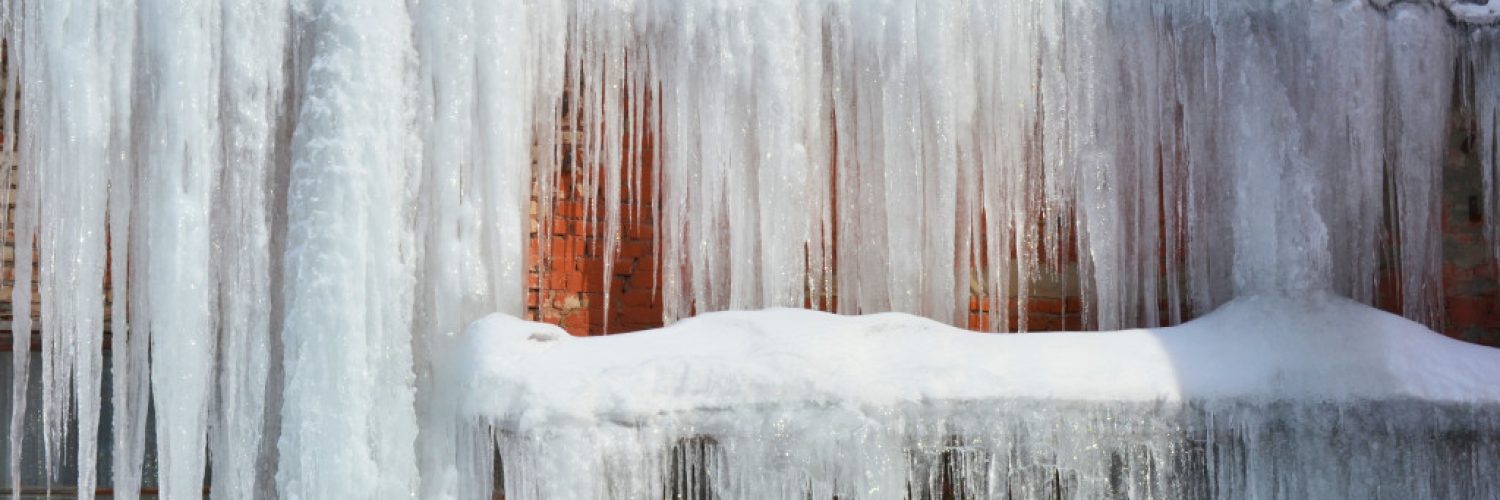As everyone enters the cooler months of the year, the demand for heat rises and gas bills start going up. Some dads get a little testier when someone tries to touch the thermostat, and others start planning on getting the house a new fire pit.
It’s time to start looking for methods to improve the heating around the house without stretching the gas or energy bill. Making your house more efficient in handling heat won’t just save you money in the long run, but it can also reduce your annual energy consumption. And all while staying comfortable this coming winter.
-
Use duct-booster fans.
Duct-booster fans typically get used to improve the flow through your house’s air ducts. If you’re using forced-air heat, this is how your household circulates the warmth through the rooms. But if the ducts don’t have good air flow, the hot air doesn’t get spread as effectively and the house feels colder.
Duct-booster fans act like blowers—they’ll increase the flow of air through the ducts so the warmth can circulate properly through the rooms of your house.
-
Add insulation to your windows.
It’s time to head down to the basement or the attic and pull out the heavy draperies, because these heavy fabrics will keep the heat indoors. Hanging drapes over your windows can greatly reduce the amount of heat-loss in your home, with the Department of Energy suggesting that it could go up to a 10% reduction.
For even better heat-retention, you can use a window-insulation kit. These are plastic films that you stick onto your windows, much like wallpaper. But these sheets can close any spaces or gaps in the glass or the sills where the heat can escape. You can find kits like these in any hardware store.
-
Install a quality water buffer tank.
Instances of heat loss around the home can happen through your water pipes, which add to the overall heating of the house. If the insulation on them isn’t sufficient, water loses heat as it travels through the pipes. And with the family using more hot water by the day, your boiler or hot water generator would be working overtime to keep water hot.

But when you help it along with a good water buffer tank specifically designed to reduce heat loss, you don’t overload the hot water generator. Water stays hot and there are less instances of heat loss. The water and the house stay warmer more consistently.
-
Check your attic insulation.
Have a specialist come in and check your insulation. You might not realize it, but your attic might have been built under-insulated or now needs additional insulation with the wear of time. You need to check for the type of insulation used and its properties, thickness, and density. This way, you can determine if the attic is efficient in keeping heat in your home.
If you find that you need more insulation, add it on. You improve your house’s heat retention and you’ll save more on your gas and energy bills as the house stays warmer.
-
Keep the vents and registers clear.
This simple, almost too-obvious reminder is something that many people still overlook given that they’re so used to seeing their furnishings where they are. But when you do a check of your home’s heat sources, you might find that there’s a couch, a bed frame, or a bureau blocking a vent or a vent register.
Your furniture could be obstructing the heat that these sources are giving off, preventing the room from getting warmer more efficiently. It’s even more critical to do this if you have a forced-air system; hindering the flow of the heat from one room may end up causing a “blockage” that prevents heat from circulating your house correctly.
-
Clean or change your air filters.
Speaking of your vents and vent registers, when was the last time you cleaned or changed them? Do a house-wide check of the air vents and air filters. The accumulation of dust, pet hair, lint, and other allergens (look out for mold!) could be blocking the airflow and the heat in the HVAC system.
Cleaning your filters and air vents keeps the air flowing correctly through the house and improves heat spread. And as a bonus, your filters will be working more efficiently again, eliminating the allergens around your house.
Don’t let the coming of winter mean the rise of your bills. Try out the different ways to retain heat better around the house and enjoy a warmer, cozier home just in time for the holidays.

